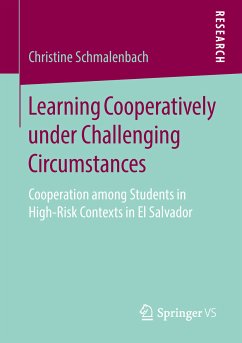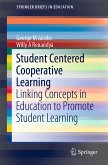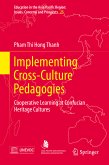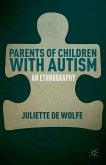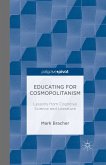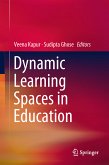Christine Schmalenbach examines the use and potential of cooperation among students at high-risk schools in El Salvador with the objective of facilitating a culture- and context-sensitive use of cooperative learning in this setting and in similar ones in other countries. At the core is an ethnography of a marginalized neighborhood in the metropolitan area of San Salvador. The author collected data throughout a school year, mostly through participant observation and interviews with teachers, students, parents, and co-workers of a local NGO. To provide context, she conducted a literature review on the history of cooperation among students in El Salvador and implemented an exploratory survey among teachers in the same municipality.
Contents
- Learning Cooperatively
- The Transformative Paradigm
- Ethnography as an Approach
- Historical and Social Background in El Salvador
- A Survey of Cooperationin Schools
- Ethnographic Study and Findings
Target Groups
- Researchers and students in the fields of education and Latin American studies
- Teachers, teacher educators
The Author
Christine Schmalenbach is a lecturer at the Department for Social and Emotional Development in Rehabilitation and Education at the Faculty of Rehabilitation Sciences of the TU Dortmund University.
Dieser Download kann aus rechtlichen Gründen nur mit Rechnungsadresse in A, B, BG, CY, CZ, D, DK, EW, E, FIN, F, GR, HR, H, IRL, I, LT, L, LR, M, NL, PL, P, R, S, SLO, SK ausgeliefert werden.

